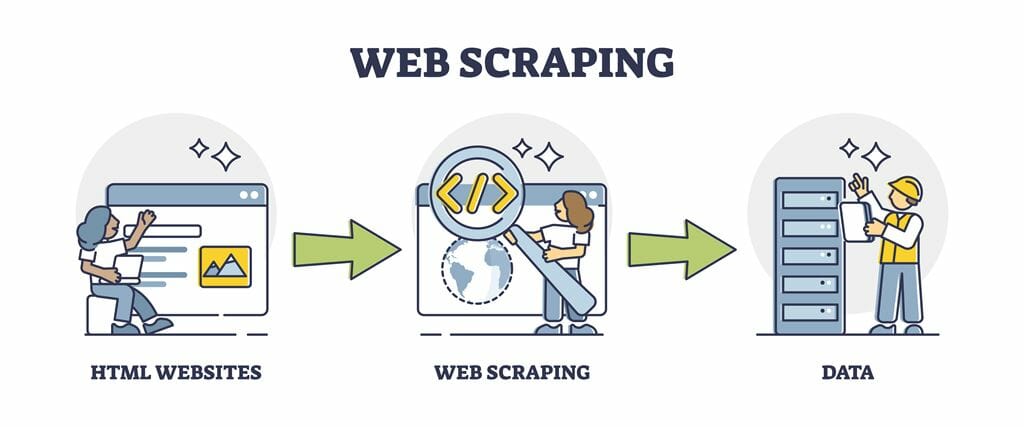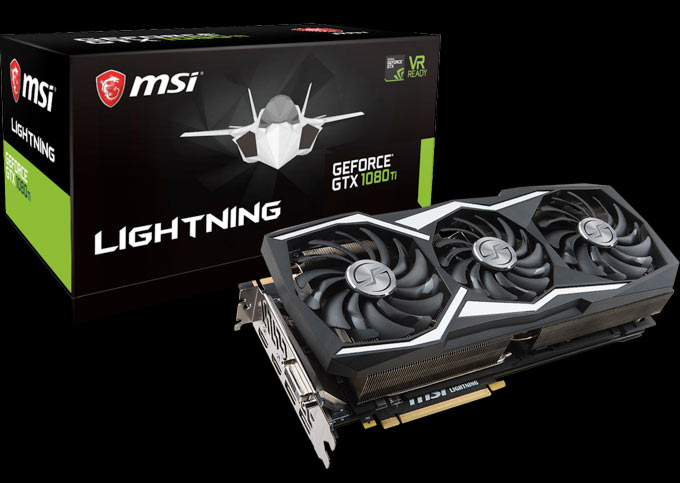Data is a critical component of business operations. It’s almost impossible to make big decisions and enjoy growth if you’re not staying on top of various information and details that affect your business operations every day. And the abundance of today’s data is found on the internet, particularly on search engines. Among the top ten most visited websites in the world, four of them are search engines with Google Search coming on top. Thus, it’s safe to say that Google and other search engines are a treasure trove of data.
Acquiring data from search engines has never been more relevant than today. Unfortunately, Google and other search engines don’t like you prying on these data. This is where search engine scraping comes in.
Defining Search Engine Scraping
Search engine scraping is a form of web scraping that focuses only on search engines. It’s an automated process that allows you to gather public data from a specific search query or search engine results page (SERP) such as descriptions, URLs, titles, and other data from search engines.
To obtain publicly available data from these search engines, you’ll need to leverage specialized automated tools known as search engine scrapers.
What Are Search Engine Scrapers?
Search engine scrapers are software programs designed to ‘scrape’ or extract relevant data from a search engine and provide you with a structured data format. You’ll almost certainly be using some kind of SERP scraper whenever you want to programmatically collect data from search results pages.
Scraping tools work by making HTTP requests to search engines and extracting the data from a SERP. Then, it parses publicly accessible content as HTML files.
Scrapers can also make requests to internal app programming interfaces (APIs) for specific data such as contact details or product prices that are stored in a database and delivered to a browser through HTTP requests.

Hand click searching data information networking. Concept for network web and technology
Why Scrape Search Engines?
- Monitoring SEO Performance
This is perhaps the most common use case of search engine scraping. In general, a successful SEO campaign relies heavily on data. You need data on the top keywords, the best link-building opportunities, or how your competitors are ranking.
SERPs are rich in public data, including keywords, meta titles, descriptions, and more. These data can bring a lot of value and provide a baseline on what works best to be ranked higher on search results.
- Spying On Competitors
Speaking of competitors, competitive analysis is another benefit of doing search engine scraping. As the market becomes more competitive than ever, knowing your competitor can help you stay ahead of the game.
By scraping through a competitor’s web pages on search engines, you can gather lots of insightful data, including bestselling products, digital marketing strategies, and even their social media efforts. It can also help you in forecasting trends and assist in decision making, particularly in product and service development that gives you a competitive edge.
- Improving Digital Marketing Efforts
Data taken from search engine scraping allows digital marketers to collect and analyze which marketing strategies work and which require improvement. You can also use search engine scraping to see how you’re matching up to your competitors in terms of marketing and advertising efforts.
In particular, content is considered the main pillar of modern digital marketing. Few things can drive consistent traffic to your website than evergreen content. And search engine scraping can provide you essential information on top content ranking on a specific query. From support guides to how-to articles, having a better understanding of higher-ranking blog posts can help improve your digital marketing efforts.
- Optimizing Pricing For E-Commerce Stores
The shopping results page is a rich source for scraping applications for online stores. It can source multiple eCommerce websites and scrape high-level data about products online, including their listing price.
Search engine scrapping allows you to develop or optimize your pricing model based on market trends, consumer opinions, and competitor prices.
- Brand Protection
You’ve worked hard to keep your brand reputable and respectable. So, you want to make sure it’s protected against malicious use. Search engine scraping can help! By scraping search engines, particularly in image results pages, you can identify malicious actors that use your brand’s logo or other intellectual properties without permission.
Take note that you’ll need to use an image matching algorithm in order to identify cases of copyright infringement via images. However, search engine scraping can provide data on your current public image and accountability.
Takeaway
In today’s ever-changing world, becoming data-centered is a critical strategy for modern businesses. Digital data obtained from the internet, particularly search engines, allows a business to acquire the most fruitful knowledge and information about the business itself, its industry, its customers, its competitors, and so on.
Data is the key to achieving success, and search engine scraping is one of the best methods that can help you obtain the data you need.














